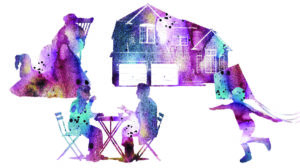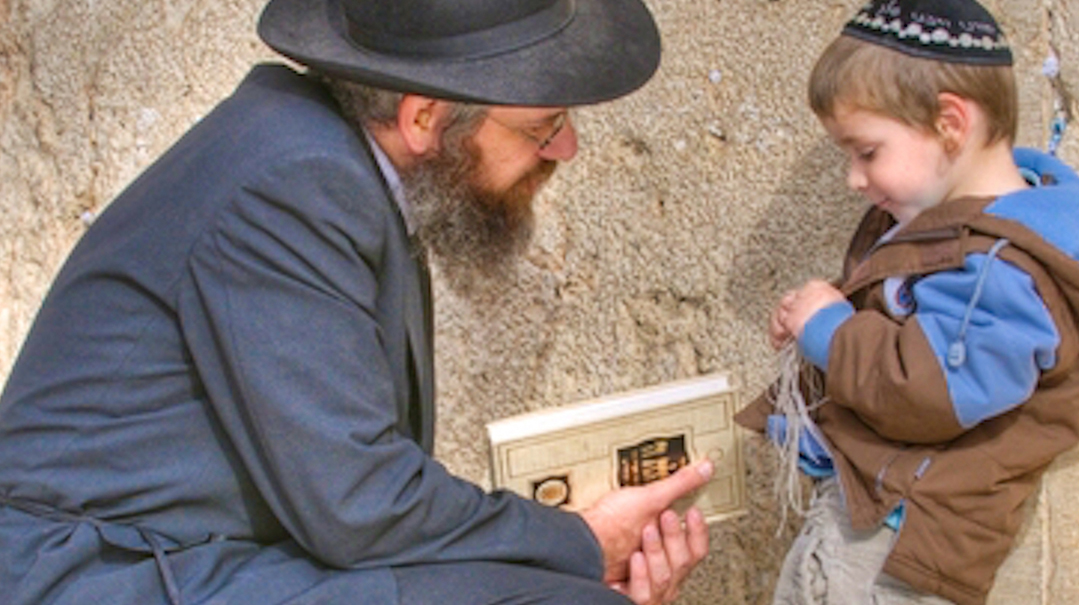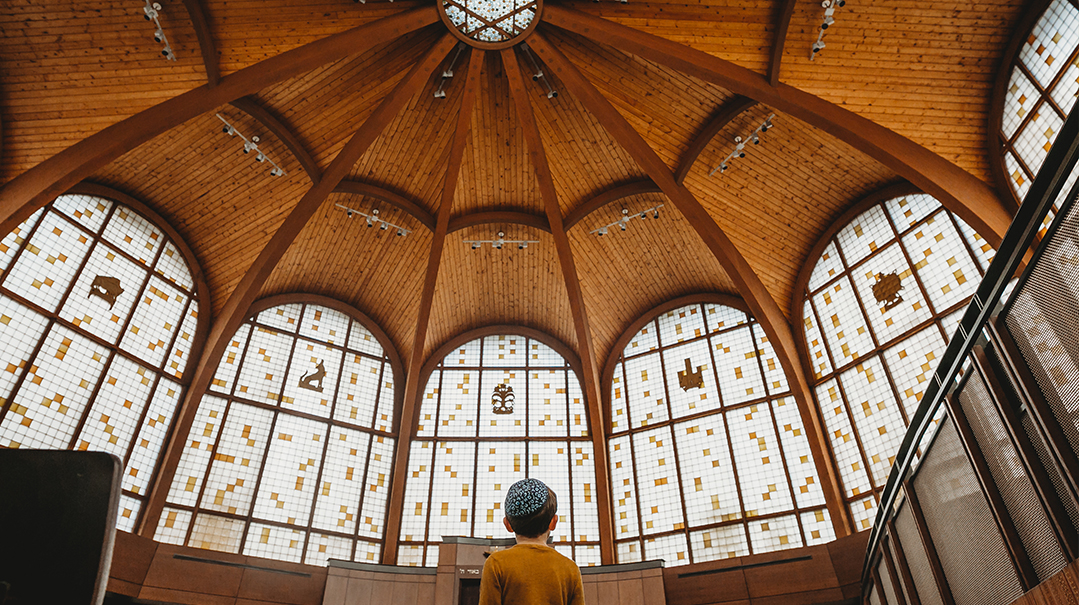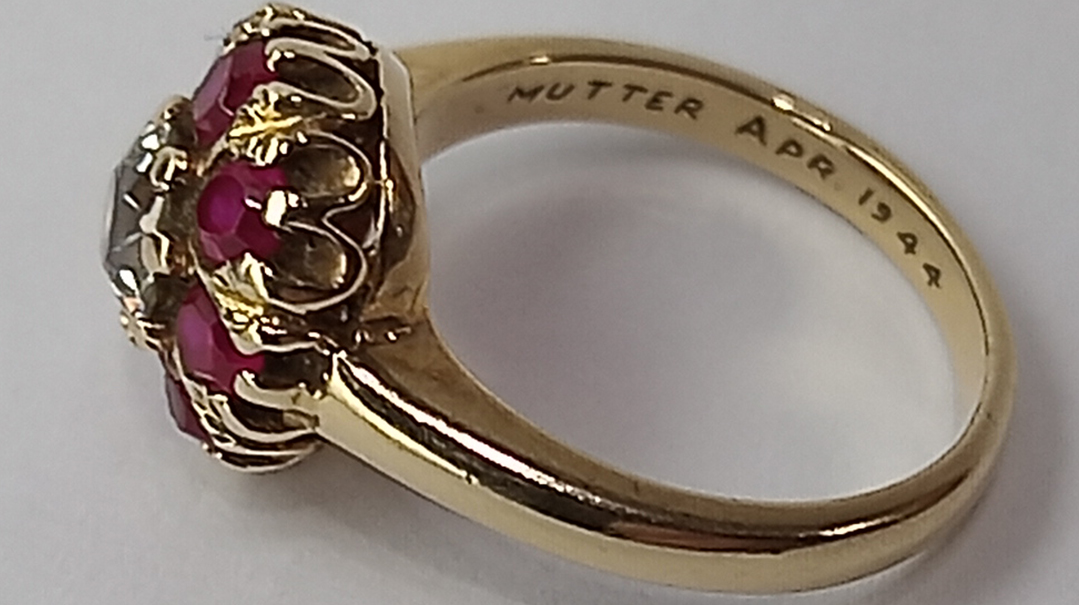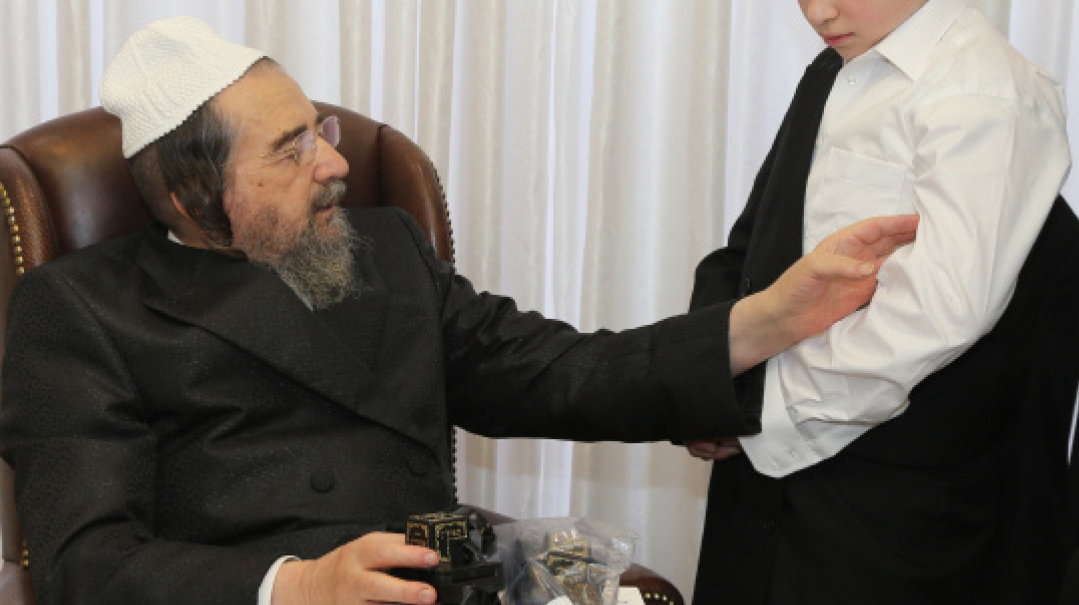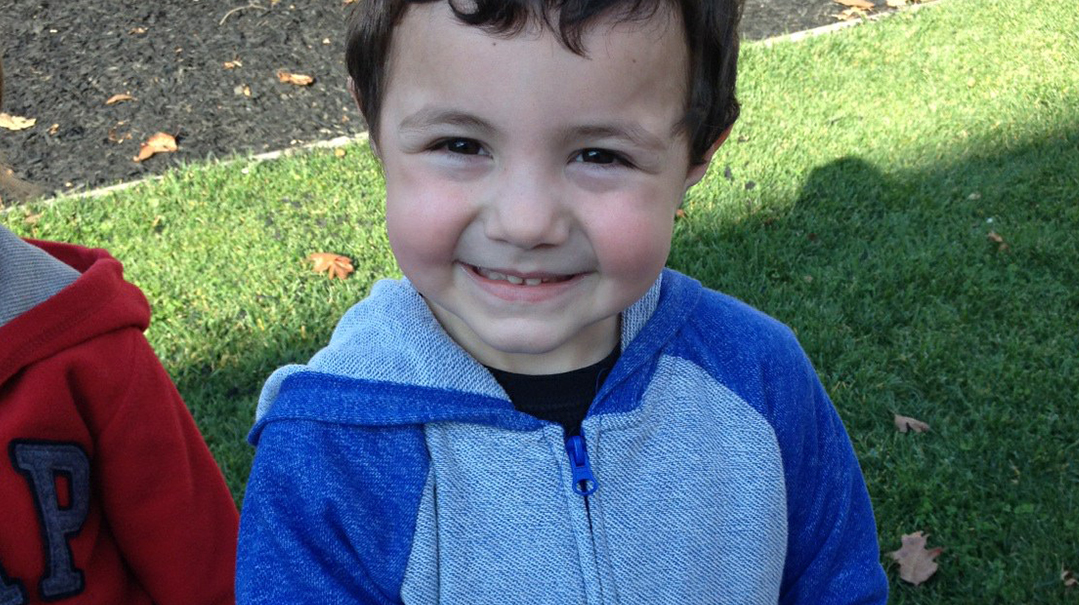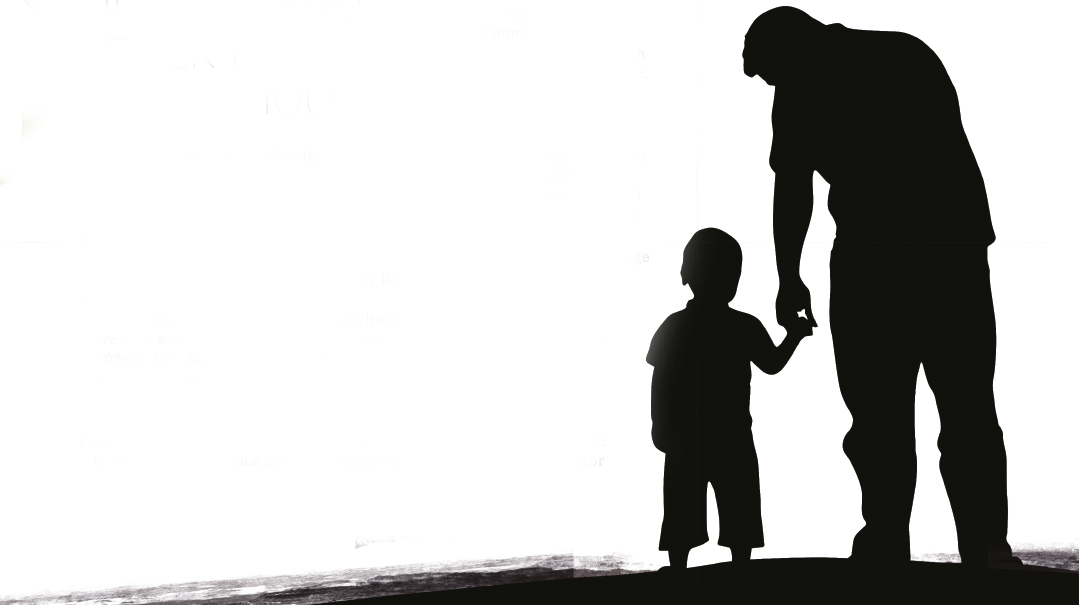His Brother’s Keeper
| April 6, 2020And that was it. Zeide was forced to simply step over the body and keep marching without pause
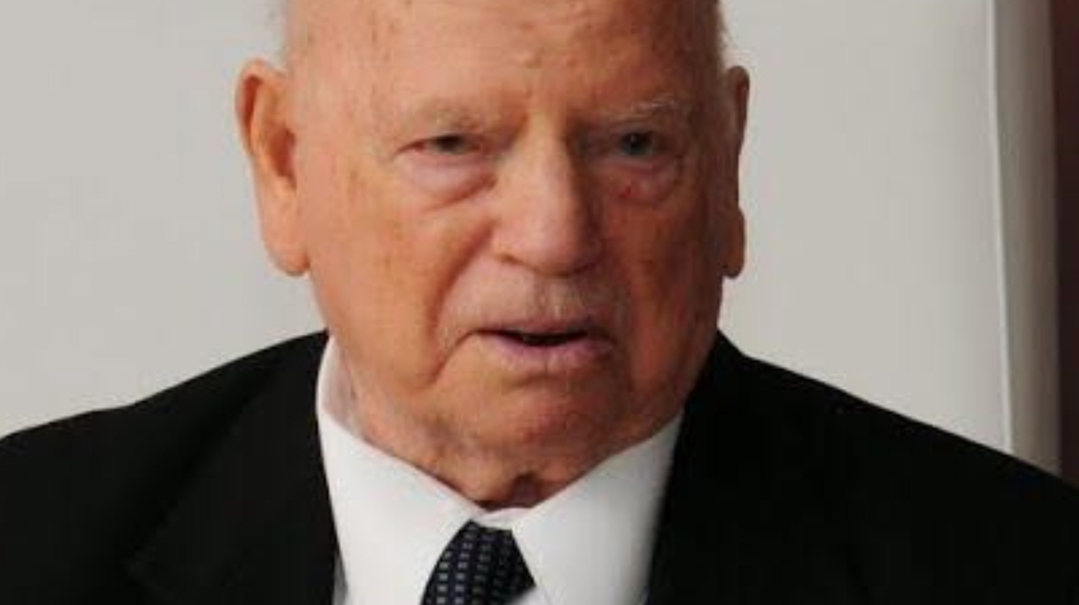
When I was a little girl, I used to love sleeping at my grandparents’ house. I have beautiful memories of huddling under Bubby’s wool blanket on cold winter nights, falling asleep to the sound of her soft and rhythmic snoring. But there was one memorable time that I was jolted awake by the sound of Zaidy shouting. I saw him sit up in bed, scream a name I didn’t recognize, and then go back to sleep.
I was frightened, but as a grandchild of Holocaust survivors, I knew not to ask too many questions.
But after the third time this happened, I asked my Bubby about it. She told me not to worry.
Ten years later, I finally heard the story behind Zaidy’s night terrors. Zaidy told me that when he was in Auschwitz, he miraculously found his older brother, Yehoshua Zelig, there. Zaidy was one of seven siblings, all of whom disappeared during the war. Finding his brother gave him hope and joy. Yehoshua Zelig was emaciated and sick, and my grandfather vowed to do whatever it took to ensure that they would survive together. Every day, Zaidy traded his cigarette for an extra half-slice of stale bread, which he would smuggle to his brother. Several times he was caught with the extra slice and beaten for his crime, but he continued to take the risk. He was determined that they would survive together.
Toward the end of the war, the Nazis led the prisoners on a death march. Zaidy insisted on walking next to his brother, supporting him when he felt weak, encouraging him to keep going. They were stuck at the back of the line — the weakest marched at the back, with snarling, barking dogs nipping at their heels; struggling desperately to keep up, all the while being beaten by the Nazis. And then it happened.
After months of Zaidy’s superhuman efforts to keep his brother alive, after days of marching in a haze of exhaustion and hopelessness, Yehoshua Zelig had enough. He told Zaidy that his back was bruised, unprotected from the Nazis’ beatings, and he was going to try to move up in the line.
Before Zaidy could even respond, his brother stepped out of line and was shot on the spot.
And that was it. Zaidy was forced to simply step over the body and keep marching without pause.
My Zaidy was haunted by this memory. Just two weeks later, he was liberated — without his brother. Two weeks. After everything he had done, he couldn’t save him.
Although I was just a teenager when I heard this story, I knew I would name my first son after his brother. Now my oldest son, Yehoshua Zelig, cradles my youngest son, Eliyahu, named for my Zaidy who passed away just a few years ago.
And every time I see Yehoshua Zelig caring for little Eliyahu, I sense a circle closing. Brothers, once separated, now unite in the next generation. One day, I will tell them this story of resilience and love.
Adina Stilerman is the cofounder of the kiruv organization YEHUDI. She lives with her family in Miami Beach, Florida.
(Originally featured in A Gift Passed Along, Special Supplement: Pesach 5780)
Oops! We could not locate your form.




